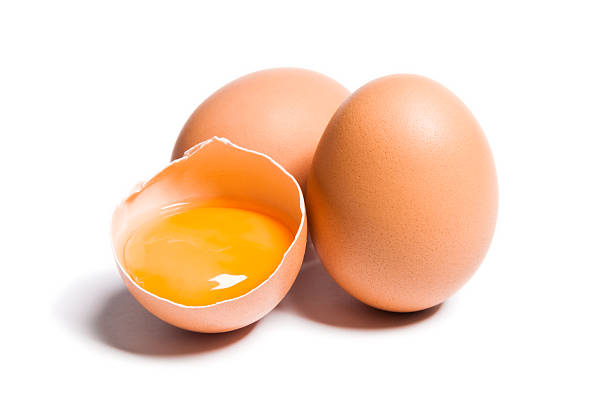
Do you often worry about getting enough nutrition by the food you eat? Or are you concerned about your failing health despite eating plenty? Do you always feel the need to check the caloric value of every item you buy and be calculative of the carbohydrates and fats you are going to take? We’ve got you covered on this. Eating quality food rather than bulk is what nourishes the body. A healthy eating list is all you need to look fit and energized. A moderate consumption of the following in diet, approx. two times a week would provide a marked difference in your health soon.
Pillars of healthy diet
Oily fish

Fatty fish such as salmon, trout, sardines, tuna are rich in proteins, vitamin D and omega-3 fatty acids. Vitamin D has the steroid hormone function in the body and helps prevent rickets (in children) and osteomalacia (in adults) and improves sleep quality. Omega-3 fatty acids such as docosahexaenoic acid (DHA) promote brain development in fetus. Also the gray matter formation in adults is also linked to its presence, thus improving memory and brain function. Omega-3 fatty acids also have the immune function of guarding against cardiac disorders as well as autoimmune diseases. Fish intake has also been reported of improving vision, sleep quality, day to day functioning and finally mood regulation.
Eggs

Avocados

Packed with vitamin K, E, B6, C, B2, folate (B9), B5, magnesium, omega 3 fatty acids, avocados provide adequate nutrition. Fats provide a filling effect thus reducing the risk of obesity and consequently diabetes and hypertension. Its constituent sterol, beta sitosterol, maintains the levels of good cholesterol in blood -HDL- beneficial for heart health. Two phytochemicals, lutein and zeaxanthin are also present in avocado responsible for protecting vision from UV damage. Folate component helps prevent colon, stomach and cervical cancers along with nourishing the developing fetus. Nearly 20% of your daily dose of fiber can be fulfilled by avocados. Fiber helps with digestion in addition to its detoxifying effects. Seed extracts of avocado fight against bacterial infections.
Legumes

Legume family, with the subcategories of beans, peas, lentils, peanuts etc. are good sources of proteins, fiber, carbs and minerals. With antioxidant properties, beans reduce cell damage caused by free radicals. Low fat content helps control blood cholesterol levels and body weight thus shielding from hypertension, diabetes, and heart diseases. The fiber content regulates smooth bowel movements by maintaining the number the good bacteria of the gut and adding bulk to stool.
Green leafy vegetables

Leafy greens such as kale, spinach, lettuce, broccoli, cabbage are the essentials of an optimal health eaten both raw and cooked. These vegetables are rich in vitamins and minerals with a low caloric value providing a number of health benefits. Adding fiber to diet, weight management, improving vision, nourishing skin and boosting immunity are some of the countless advantages of consuming vegetables. The antioxidant capability also helps prevent infections, inflammation, cancer and the risk of heart diseases by purifying the blood through its chlorophyll content. They can provide almost all the water soluble and some fat soluble vitamins as well. No wonder why the diet plan for reducing weight always include salads!
Dietary suggestions for toddlers

Since toddlers are very moody with eating, feeding them everything is almost impossible. Here are some of the suggestions for feeding them well. For lactating (using milk as sole diet) kids, breast milk or cow’s milk is the best as it provides all the nutrition. For kids between 1 to 3 years, offer meals at the same time of the day to develop their routine. New snacks after some days may also attract them to eating. Homemade healthy and low spiced food, such as fried chicken, fries, sandwiches, soups, milkshakes, fruit juices, jams, jellies, porridge, custards are all beneficial for their health.
Dietary suggestions for vegans
Since vegans rely only on plant based foods such as beans, pulses, salads etc. they may be considered under nourished for lacking meats and eggs in diet. However, this is not the case. As already discussed, fish and eggs are rich in Omega-3 fatty acids and proteins that nourish the body in many ways. The vegan alternatives of these products can equally perform this function. These include tofu, cheese, curd, nuts, olives, chia seeds etc.